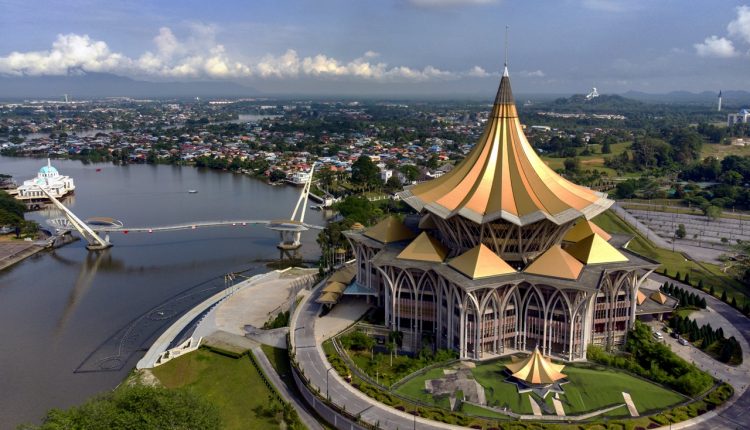
KUCHING: Most businesses in Sarawak continue to suffer severe economic impacts from the prolonged Covid-19 pandemic and the ‘open-shut’ containment measures, resulting in uneven and divergent recovery across different sectors and industries.
Associated Chinese Chambers of Commerce and Industry Sarawak (ACCCIS) secretary-General, Jonathan Chai said it would take some time for the scarring effects of the pandemic to wear off.
He said some businesses would require a longer time to recoup their losses and resume normal operations.
He said the market remained wary over the vaccine efficacy and effectiveness as well as protection against Covid-19, especially the new variants, which are more virulent and highly contagious.
For the same reason, businesses have maintained a cautious view about the economic condition as well as the business prospects in 2022.
“Most of the businesses continue to struggle to cope as their production and operations have been restricted while the demand for their products and services have declined. The business community has a pessimistic view and adopted a cautiously neutral approach on the economic outlook for 2022,” he said,
Chai was speaking at the ACCCIS’s Sarawak Economic Situation Survey Report, held virtually today. He said the survey was done based on 316 respondents ranging from micro enterprises, small medium enterprises (SMEs) as well as large enterprises, manufacturing, services and other sectors.
He said among the top five factors that impacted business performance included various movement control orders and lockdowns, increase in prices of raw materials, high operating costs and cash flow issues as well as changing of consumer behaviour, declining business and consumer sentiments.
Other significant factors cited by the respondents include the political climate, lower domestic demand, lack of financing, disruptions of the supply chain, increased bad debts and delayed payments, the ringgit’s fluctuation, shortage of raw materials, availability of skilled labour and lower external demand.
Chai said for the recovery of business revenues compared to pre-pandemic level, 80.5 per cent of respondents reported that their business revenues were still below pre-pandemic levels between 10 per cent and 50 per cent or more.
In addition, 35.4 per cent of respondents indicated that their cash flow position is only sufficient to last for another three to six months of operating expenses while a majority of the respondent (63%) could survive the Covid-19 inflicted economic downturn, though with a tough journey ahead.
He said the speedy mass vaccination holds the key to expedite the National Recovery Plan (NRP) to bring the country out of the Covid-19 pandemic with resilience.
Chai said Sarawak has now entered phase 3 of the national recovery plan (NRP), except for the southern region.
Thus, the business community hoped economic activities would resume comprehensively sooner, and the government could focus on the development of the economy, so various economic sectors could gradually recover.
ACCCIS, he said, hoped that the Sarawak government, Sarawak Disaster Management Committee (SDMC), the relevant ministries and agencies could better coordinate and synchronise their formulation of the standard operating procedure (SOP) and continue to have close engagements with the stakeholders in ensuring the effective implementation. -NST
